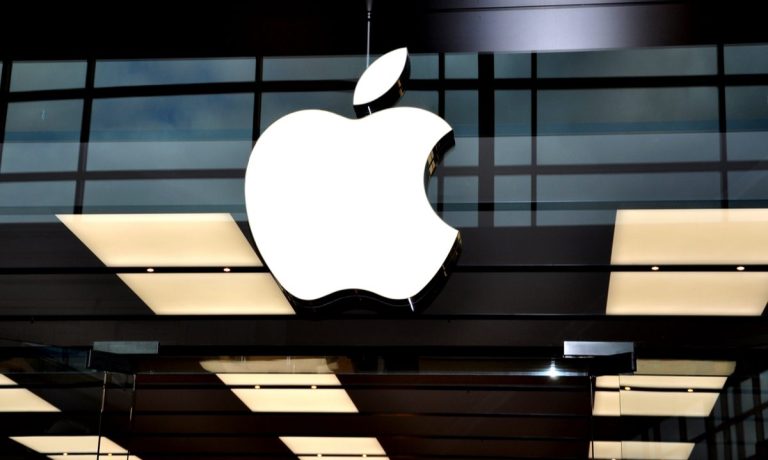Apple’s Latest Acquisition Hints at a Bite of BNPL and Cards Across the Pond

For Apple, the tech giant’s latest acquisition represents a move across the Pond to embrace buy now, pay later (BNPL), open banking — and perhaps put a tailwind under its Apple Pay.
As reported Wednesday (March 23), Apple has bought U.K. open banking startup Credit Kudos in a $150 million deal that closed earlier this week.
As to what Apple gets for its money: Credit Kudos’ APIs and other offerings leverage data — particularly bank and lending data — to improve risk assessments. Per the company’s own site, its offerings help client firms make better lending decisions.
For the borrowers, in an explanation of how it all works, consumers consent to have their bank and transaction details shared, through open banking protocols and the aforementioned API.
Read also: Apple Acquires Credit Kudos, UK Data Tool for Lenders
Apple has not explicitly stated what it plans to do with the now-acquired firm — which of course frees up the rest of the world (including us) to speculate about what it all means.
It’s no secret that Apple has grand designs to become more firmly entrenched in payments, with emphasis on both cards and on installment purchases (aka BNPL).
And perhaps it will all be a case of: start small — and build out. In recent years, Apple sales in the U.K. have been reportedly around $1.4 billion USD equivalent (out of a total annual run rate of about $191 billion). But the market represents a launching pad for the further forging of a payments ecosystem.
Cards, and a Tailwind for Apple Pay?
Apple, of course, last year linked with Goldman Sachs to work on its own installment offerings and also has Apple Card in place with the banking giant.
Read more: BNPL Space Gets Crowded As Apple Pay Later Enters Fray
As for Apple Pay, of course — where BNPL and card payments would originate — a bit of tailwind would be welcome. PYMNTS data from late last year show a somewhat tepid uptake for the payments option, as evidenced here in the United States. By late 2021, more than seven years after the official launch of Apple Pay, PYMNTS data showed that 93.9% of consumers with Apple Pay activated on their iPhones did not use it in-store to pay for purchases — leaving only 6% actively using that payment option.
We note that in an environment where inflation is running at multi-decade highs, taking on additional credit card debt may be less palatable than it might otherwise be — in the U.K., yes, and pretty much any other market.
But BNPL may get a widened embrace and may make consumers a bit more comfortable with pulling the trigger, especially in the U.K, where data this week show inflation up more than 6% year on year. Against that backdrop, BNPL at the physical point of sale, is a key use case for pay later, especially when sticker shock sets in at the register.